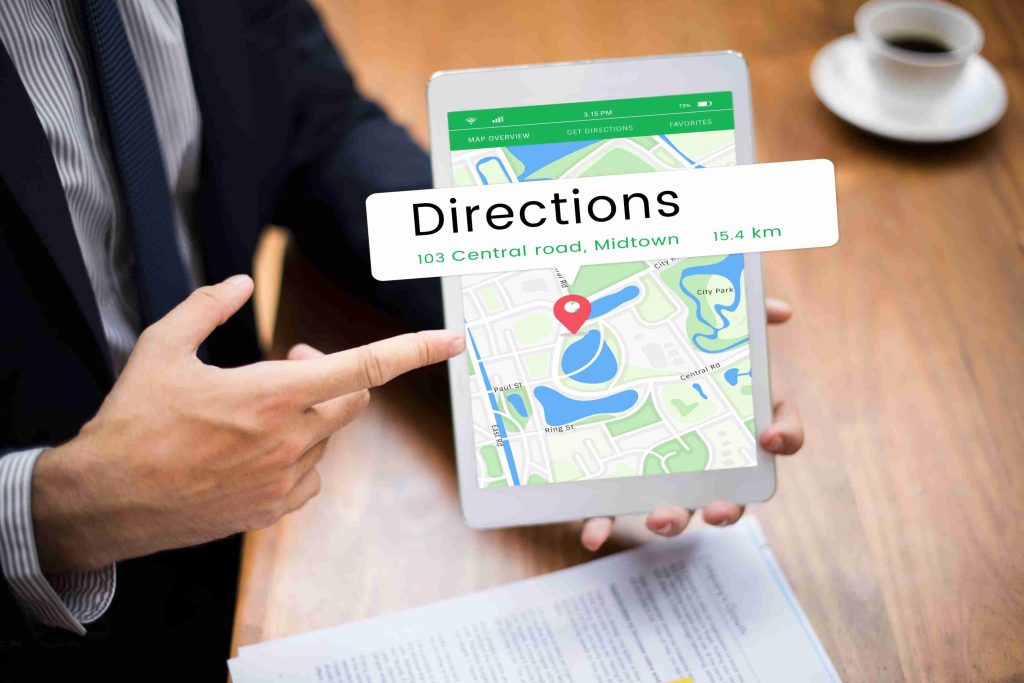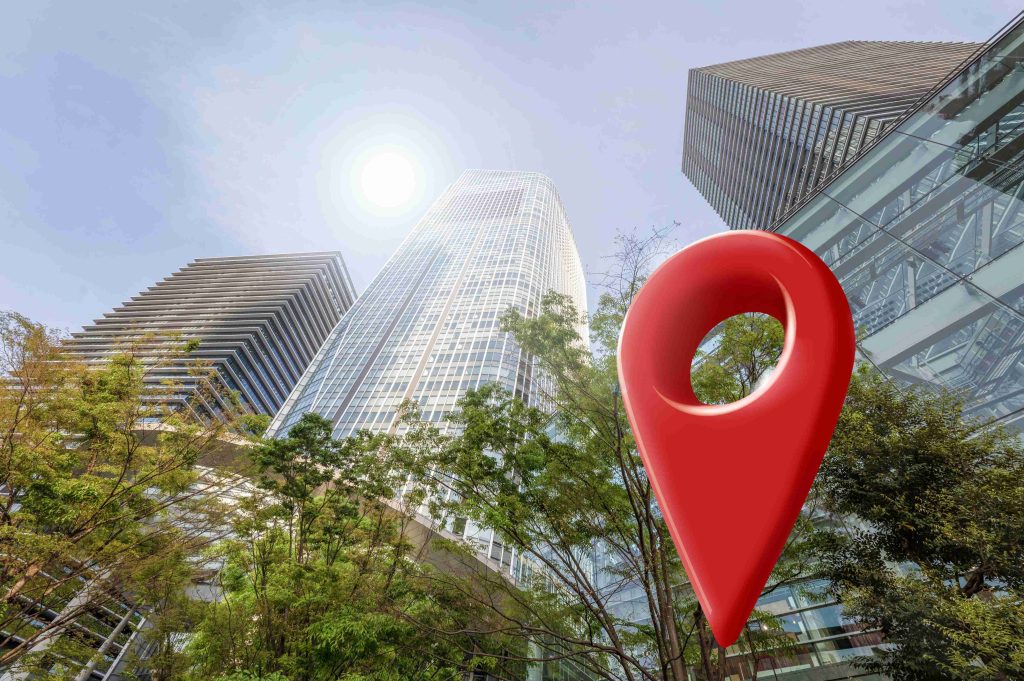In the fast-paced and highly competitive world of business, one decision can make or break your success: location. Whether you are opening a restaurant, launching a retail store, setting up a manufacturing plant, or expanding your office, the physical placement of your business plays a critical role in its long-term sustainability and profitability. Even in the digital era—where online businesses thrive—location still matters, whether it’s about logistics, branding, or customer accessibility.
Choosing the wrong spot can lead to low visibility, high operating costs, and limited access to customers or suppliers. On the other hand, selecting the perfect location can significantly enhance brand reputation, maximize foot traffic, and streamline operations. Let’s explore in depth why location is such a vital element for any business’s success.
Why Choosing the Perfect Location Is Vital for Any Business

In this article, we’ll explore why location matters, the key factors to consider when choosing one, and real-world examples of how the right (or wrong) location can make all the difference.
1. Location Directly Influences Customer Access
One of the most obvious reasons why location matters is that it determines how easily customers can find and reach you.
- Retail Stores & Restaurants
For physical storefronts, being situated in a high-traffic area means more potential walk-ins. A café hidden in a back alley with no signage will struggle compared to one located on a bustling street corner. - Service-Based Businesses
Even if you rely on scheduled appointments, proximity to your target audience reduces travel time and increases convenience for clients. - Industrial or B2B Companies
For manufacturing and logistics businesses, location affects how quickly products can be shipped to distributors or customers. Being close to major transport hubs—like highways, ports, or airports—can greatly reduce lead times.
Example: Starbucks often chooses corners of busy intersections for maximum visibility and foot traffic, even if rent is higher, because the location boosts impulse visits.
Also read: Top 10 Architect Services in Bali for Stunning Tropical Designs
2. Proximity to Your Target Market Matters
Understanding where your customers are is essential before committing to a location. Demographics, income levels, and lifestyle preferences in the surrounding area will directly impact your business.
- A luxury boutique will thrive in an upscale neighborhood but may fail in a budget-conscious area.
- A tech startup might choose a location near universities or innovation hubs to attract young, skilled talent.
- A family-friendly restaurant will perform better in suburban areas than in an industrial district.
Tip: Use demographic analysis tools and local market research to identify where your ideal customers live, work, and shop.

3. Competition Can Make or Break Your Success
Being close to competitors is a double-edged sword.
- Advantage: In some industries, clustering can be beneficial. For example, car dealerships often group together so customers can compare options in one trip, benefiting all businesses in the area.
- Disadvantage: In other industries, heavy competition in a small geographic area can lead to price wars and reduced profit margins.
Smart Move: Conduct a competitive analysis before choosing your location. You want to be close enough to attract your audience but far enough to stand out.
4. Operational Costs Depend on Location
Your business location heavily influences operational expenses such as:
- Rent or Property Purchase Cost – Prime urban areas have higher rents but often bring more foot traffic.
- Taxes – Different cities, states, or countries offer varying tax rates and incentives.
- Utilities and Maintenance – Costs may vary depending on local infrastructure and climate conditions.
- Labor Costs – Areas with higher living expenses typically require higher wages to attract staff.
Example: Many companies move their manufacturing plants to industrial zones where rent, utilities, and labor costs are lower, while keeping their corporate headquarters in prime business districts for prestige and networking.
5. Brand Image and Perception Are Location-Dependent
Your address tells customers something about your brand—even before they interact with you.
- A law firm located in a prestigious business district may be perceived as more trustworthy and professional.
- A trendy café in an artistic neighborhood can align perfectly with a creative, youthful brand image.
- A warehouse-style gym in a gritty urban area might reinforce its no-frills, hardcore fitness vibe.
This is why high-end brands often choose locations with luxury surroundings—because the environment amplifies the brand identity.
6. Accessibility for Employees and Suppliers
Your business location doesn’t just affect customers—it also affects your team and supply chain.
- For Employees: Easy access to public transportation, parking availability, and safety of the area all influence staff satisfaction and retention.
- For Suppliers: Proximity to suppliers can reduce shipping costs, shorten delivery times, and minimize stock shortages.
If your location is difficult to reach, you may struggle to attract and retain talent, even if the pay is competitive.
7. Legal, Regulatory, and Zoning Considerations
Different areas have different laws governing what kinds of businesses can operate there.
- Zoning Laws – A residential area may not allow certain types of commercial activity.
- Licenses & Permits – Some cities require special permits for activities like selling alcohol, manufacturing goods, or hosting live events.
- Environmental Regulations – If your business has an environmental impact, location could determine compliance requirements.
Failing to account for these rules can result in costly relocations or fines.
8. Growth Potential and Scalability
Choosing the right location isn’t just about today—it’s about the future.
- Is there room to expand your premises if your business grows?
- Will the area’s population and economy grow or decline in the coming years?
- Are there upcoming infrastructure projects (new roads, train stations, shopping centers) that could increase your location’s value?
Example: Amazon strategically places warehouses in areas with space for future expansion and easy access to emerging urban centers.
Online Businesses Still Need Strategic Locations
Even if your business is primarily online, location still matters.
- For e-commerce, being close to major shipping hubs can lower delivery costs and times.
- For remote-first companies, choosing a location for headquarters (even if small) can impact legal registration, taxation, and investor perception.
- For co-working-based startups, being in a well-known city can help with networking and talent recruitment.
How to Choose the Perfect Location
Here’s a step-by-step approach to making the right choice:
- Identify Your Target Market – Know exactly who your customers are and where they live.
- Analyze Competitors – See who else is nearby and how they operate.
- Consider Accessibility – Ensure customers, employees, and suppliers can easily reach you.
- Calculate Total Costs – Don’t just look at rent—factor in taxes, utilities, insurance, and staffing.
- Check Legal Requirements – Review zoning laws, permits, and local regulations.
- Think Long-Term – Consider scalability, area growth, and future infrastructure developments.
- Test the Area – Visit at different times of the day/week to observe traffic patterns and customer behavior.
Also read: Top 10 Recommended Interior Design Companies in Bali for Luxury Homes and Resorts
Real-World Case Studies
- Apple Retail Stores – Apple chooses prime retail spaces in iconic locations (like Fifth Avenue in New York) to align with its premium brand image and maximize visibility.
- McDonald’s – Known for strategic site selection, McDonald’s often chooses locations near busy intersections or highways, ensuring constant traffic.
- Small Local Bakery – A bakery that moved from a quiet backstreet to a location near a morning commuter route doubled its daily sales within three months.
Conclusion
Choosing the perfect business location is one of the most critical decisions an entrepreneur will make. It’s not just about geography—it’s about aligning your brand, operations, and market access in a way that maximizes success.
A poor location can drain resources and stunt growth, while the right location can act as a springboard to long-term profitability and expansion. Whether you’re launching a café, tech startup, retail store, or logistics hub, the location you choose will shape your business journey from day one.
Do your research, analyze every factor, and think strategically—not just for today, but for the next five to ten years. After all, in business, where you are can be just as important as what you do.

Indah Suzanne
Indah Suzanne is a key player in Indonesia's design and architecture scene, leading Karyanusa Asia from Bali. As the driving force behind Karyanusa Asia in Bali, she combines innovative design concepts with exceptional construction expertise, delivering world-class villas, commercial spaces, and bespoke architectural projects that reflect both modern elegance and the island’s rich cultural heritage.





